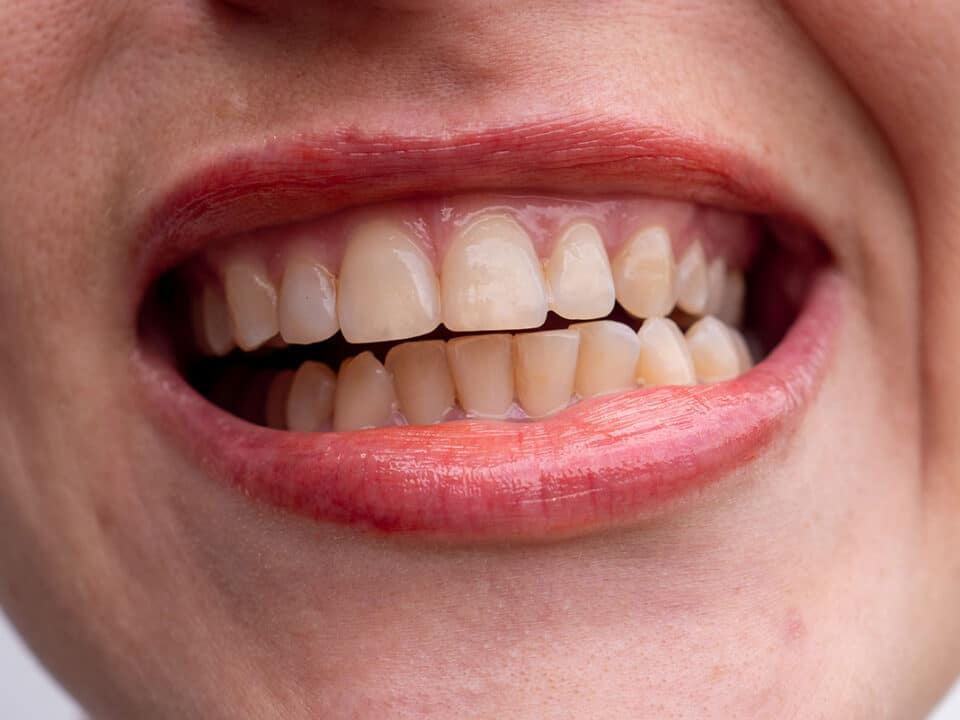Table of Contents
As with most things in the human body, your oral health is connected to the way the rest of you feels. You wake up with what could be the beginnings of a sore throat and sure enough, by the end of the day your nose is stuffy and your body aches. It’s official, you’ve caught a cold or a flu and you’re going to be feeling great for a couple days. Most people will find themselves reaching for cough medicine, painkillers or a nasal decongestant to mitigate their symptoms, but what does a cold or flu mean for your oral health?
Nasal congestion can lead to dry mouth
Probably the worst part about nasal congestion is that it disturbs your sleep at night because you cant breath properly through your nose. This also means you’ll likely breath through your mouth instead, which can lead to dryness that can affect your oral health by causing your teeth, gums, and lips to hurt or your mouth to become dry.
Why is dry mouth bad?
Dry mouth promotes bacteria growth which can lead to gum disease and tooth decay. It can also make chewing and swallowing painful which makes it more difficult for your body to get the nutrients it needs to heal.
Nasal congestion is a leading cause of dry mouth due to the decreased flow of saliva. On top of that, certain medications used for treating colds, such as decongestants and antihistamines, can also further reduce your saliva flow. Taking the meds is beneficial because it will help you breath normally through your nose to help with dryness, but it’s important that you also take additional steps to help saliva generation.
- Drink lots of water. Keep something nearby to sip regularly and keep your mouth lubricated.
- Suck on cough-drops, lozenges or chew gum to stimulate saliva production, but remember to choose a sugar-free product to help protect your teeth.
- Taking a hot shower can help clear your nasal passages and the steam can soothe dryness.
- If the air in your home is dry, consider running a humidifier to add moisture to the air and help sooth your dry mouth and throat.
- A saline nasal spray is a natural way to greatly reduce sinus congestion and its duration without medications.
- Always maintain your regular oral health care routine by continuing to brush, floss and rinse even if you aren’t feeling well.

Sinus congestion can cause toothaches
As if the symptoms of your cold or flu weren’t enough, having clogged sinuses can often lead to tooth aches. Pain in your upper teeth could be a sign of sinusitis caused by the cold virus. This is because your upper teeth and your sinuses are in close proximity. If multiple teeth are feeling achy and you’ve been congested for an extended period of time, there’s a good chance that is what’s causing your teeth to hurt. Other symptoms of acute sinusitis also include:
- A thick, yellow or greenish mucous that drains from your nose
- Pain, aches and pressure around your face (eyes, nose, cheeks)
- Reduction in your sense of smell or taste
Acute sinusitis caused by a cold or flu is best treated at home with lots of rest, liquids and over-the-counter medicines. Painkillers for pain, decongestants to free up your nasal passages and lots of warm liquids and lozenges to keep saliva flowing. If after 7-10 days your still congested, it’s best to contact your doctor before a lingering case of sinusitis develops into a bacterial infection that will require antibiotics.
If you get a cold or flu this winter season, remember to take of yourself and your oral health. Take action to keep your mouth from drying out and your illness will be over quicker, and you’ll feel a lot better. If you have additional questions about oral health care while wick with a cold or flu, please call our office and speak to your dentist.
Check us out on Facebook and Twitter for daily information about Oral Health from Martindale Dental, or visit our offices in Hamilton and St. Catharines.
Have more questions?
Please contact us for all inquiries or to book an appointment with one of our convenient clinic locations. We look forward to hearing from you.




